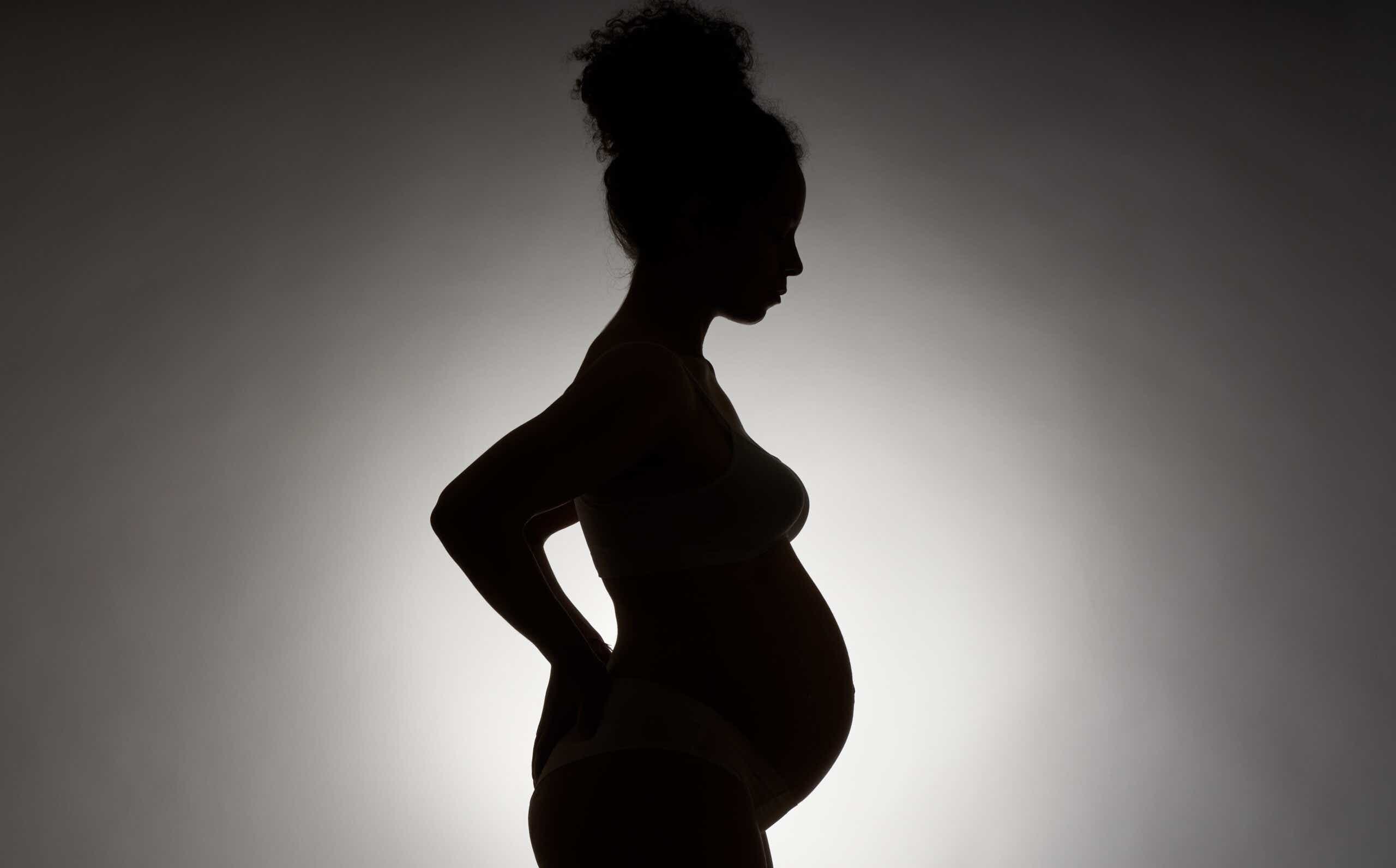An incredible 60 percent of maternal deaths are preventable.
Long before COVID-19 hit the U.S. in early 2020, the American health system was suffering another crisis: alarmingly high — and rising — rates of maternal mortality, particularly among Black women. In this country, an estimated two women die every day from pregnancy and childbirth-related causes, and 60 percent of those deaths could have been prevented. Now, the coronavirus is forcing tens of thousands of women to give birth in unprecedented circumstances, sometimes alone, and often without the support networks they need to stay healthy.
In Part 1 of a special episode of Next Question, Katie talks to Charles Johnson, whose wife Kira died in 2016 just hours after giving birth to their second son, Langston. “I thought that what happened to Kira was an isolated incident,” Charles tells Katie. “I thought, this doesn’t happen in 2016, in our country.” Why are women like Kira Johnson — healthy, prepared, and insured — dying? And how did the U.S. become one of the most dangerous places in the developed world to have a baby?
Guests and resources for this episode include:
Charles Johnson, founder of 4Kira4Moms, a non-profit dedicated to maternal mortality advocacy.
Dr. Debra Bingham, founder and executive director of the Institute for Perinatal Quality Improvement, and associate professor at the University of Maryland
Monica Rose McLemore, associate professor in the family health care nursing department at the University of California, San Francisco
Nina Martin, an investigative reporter at ProPublica and co-author of the award-winning ProPublica and NPR series “Lost Mothers.”









